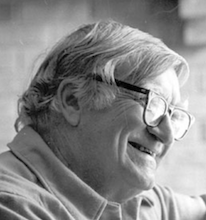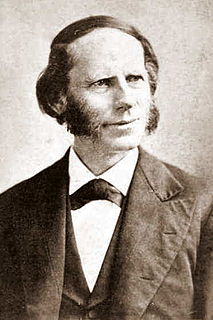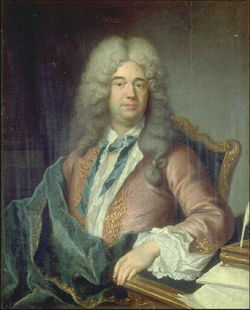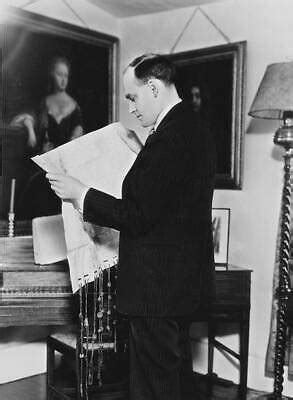A Quote by William O. Douglas
The right to work, I had assumed, was the most precious liberty that man possesses. Man has indeed as much right to work as he has to live, to be free, to own property.
Related Quotes
It is not the right of property which is protected, but the right to property. Property, per se, has no rights; but the individual - the man - has three great rights, equally sacred from arbitrary interference: the right to his life, the right to his liberty, the right to his property The three rights are so bound together as to be essentially one right. To give a man his life but to deny him his liberty, is to take from him all that makes his life worth living. To give him his liberty but take from him the property which is the fruit and badge of his liberty is to still leave him a slave.
Treat all men alike.... give them all the same law. Give them all an even chance to live and grow. You might as well expect the rivers to run backward as that any man who is born a free man should be contented when penned up and denied liberty to go where he pleases. We only ask an even chance to live as other men live. We ask to be recognized as men. Let me be a free man...free to travel... free to stop...free to work...free to choose my own teachers...free to follow the religion of my Fathers...free to think and talk and act for myself.
In the latter sense, a man has a property in his opinions and the free communication of them. He has a property of peculiar value in his religious opinions, and in the profession and practice dictated by them. He has an equal property in the free use of his faculties and free choice of the objects on which to employ them. In a word, as a man is said to have a right to his property, he may be equally said to have a property in his rights.
You are a free man, and let no organization come between you and your best interests. Do not let any man, or any body of men, tell you where you shall work, or where you shall not work, when you shall work, or when, you shall not work. If a man wants to belong to a labor organization, let him belong. If he does not want to belong to a labor organization, let him have perfect liberty to stay out. You own yourself. Let no man put a manacle on your hand, or foot, or head, or heart.
And these great natural rights may be reduced to three principal or primary articles: the right of personal security; the right of personal liberty; and the right of private property; because as there is no other known method of compulsion, or of abridging man's natural free will, but by an infringement or diminution of one or other of these important rights, the preservation of these, inviolate, may justly be said to include the preservation of our civil immunities in their largest and most extensive sense.
How any human being ever has had the impudence to speak against the right to speak, is beyond the power of my imagination. Here is a man who speaks-who exercises a right that he, by his speech, denies. Can liberty go further than that? Is there any toleration possible beyond the liberty to speak against liberty-the real believer in free speech allowing others to speak against the right to speak?
The right to life is the source of all rights -- and the right to property is their only implementation. Without property rights, no other rights are possible. Since man has to sustain his life by his own effort, the man who has no right to the product of his effort has no means to sustain his life. The man who produces while others dispose of his product, is a slave.
































